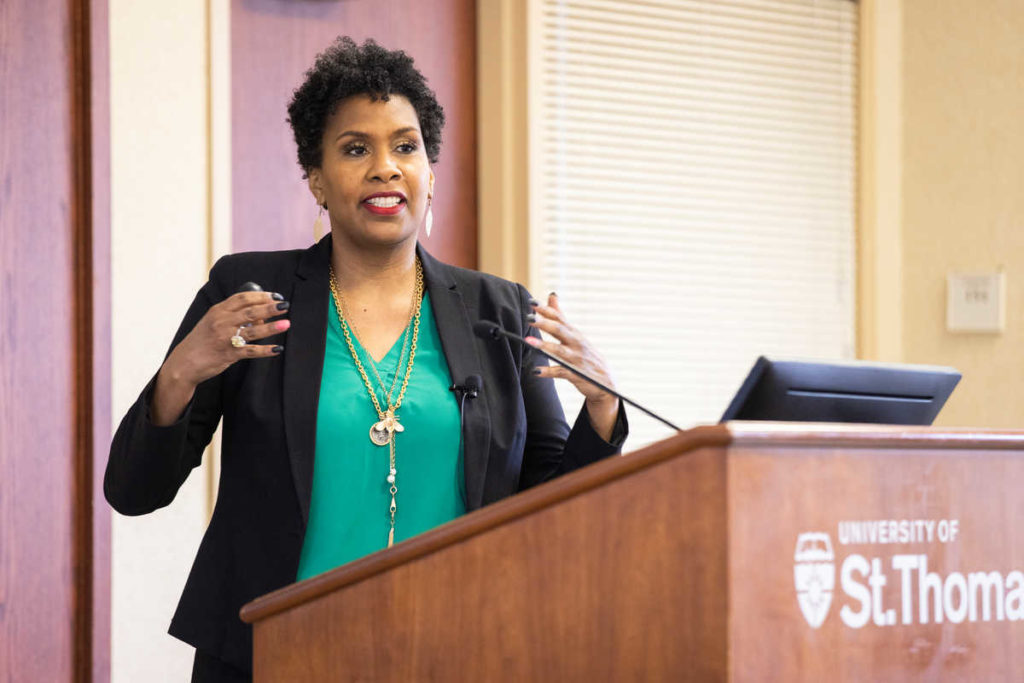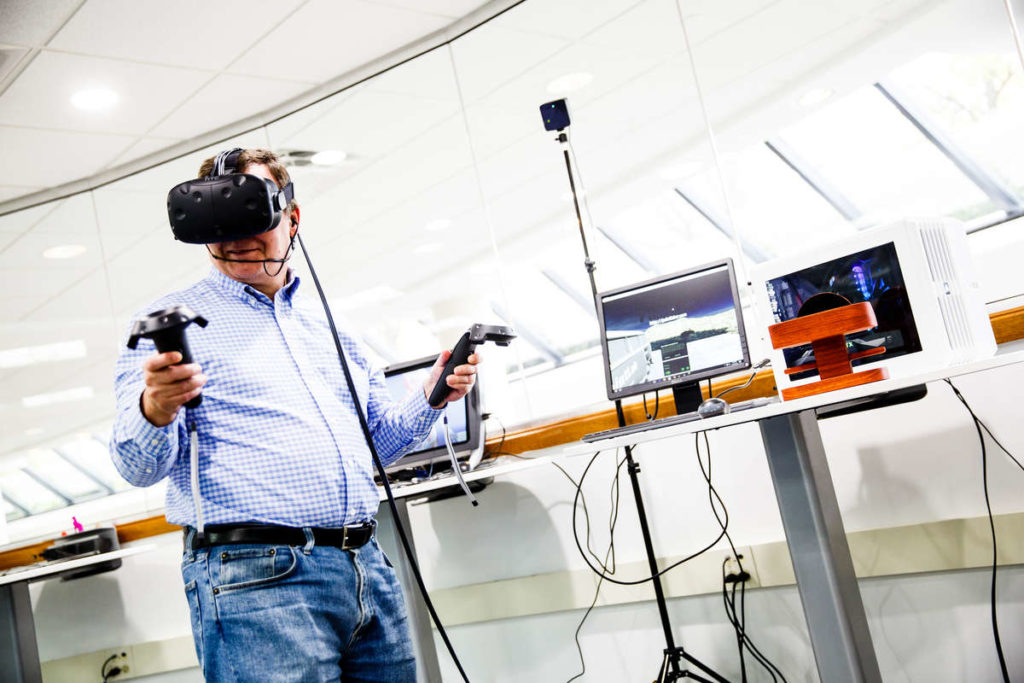
Technology in 2022 is a beautiful thing. It’s pretty cool to have a smart refrigerator that allows you to see what’s in it in real time, so you don’t buy that unnecessary third gallon of milk. And how about technology that will help autistic kids recognize emotion in speech? Or technology that provides doctors with more accurate symptom data so that they can more educated decisions that could have a major impact on a patient’s life.
These and many, many more examples show us the possibilities of technologies in today's world are practically infinite. However, as with most things that seem too good to be true, so it is with warp speed technological advances that are designed and deployed without proper guardrails.
On Oct. 4, the White House Office of Science and Technology Policy published a “Blueprint for an AI Bill of Rights.” The blueprint identifies five principles that companies should be prepared to apply as they design, use and deploy automated systems. Briefly, here are the five principles:
- Safe and effective systems: All of us should all be protected from unsafe or ineffective systems.
- Algorithmic discrimination protections: None of us should face discrimination by algorithms and systems which should be used and designed in an equitable way.
- Data privacy: We should be protected from abusive data practices via built-in protections as well as have agency over how data about us is used.
- Notice and explanation: We should know that an automated system is being used and understand how and why it contributes to outcomes that impact us.
- Human alternatives, consideration and fallback: We should be able to opt out, where appropriate, and have access to a person who can quickly consider and remedy problems we encounter.
The blueprint published by the Biden administration attempts to lay the groundwork for what is likely to come – regulations. And even though the blueprint lacks any teeth from an enforcement standpoint and is not mandatory, it’s a good step to signal to all organizations that our government cares about these systems and what they are capable of doing to impede our civil rights.
Angus Loten wrote about the blueprint in The Wall Street Journal: “‘Algorithms used in hiring and credit decisions have been found to reflect and reproduce existing unwanted inequities or embed new harmful bias and discrimination,’ the White House said. Unchecked online data collected from social media, the guidelines said, ‘has been used to threaten people’s opportunities, undermine their privacy, or pervasively track their activity – often without their knowledge or consent.’”
A cursory view of a database posted online called the Artificial Intelligence Incident Database further illustrates there is plenty of cause for concern.
Other leaders around the world, and specifically the European Union, are ahead of the U.S. in terms of getting the slow-moving legislative machinery moving in this area. Laws being proposed by the EU include limits on police use of facial recognition systems to online content moderation.
And while there is plenty of work to be done to get these laws actually enacted in the EU, at least they have started down the path. The blueprint is our government’s first step in doing the same. While a bit behind – better late than never.
Colleen Dorsey is the director of organizational ethics and compliance for the University of St. Thomas School of Law.
More Thought Leadership on AI



Are New Technologies Keeping Us Stuck in Old Biases?
Diversity, Equity and Inclusion







